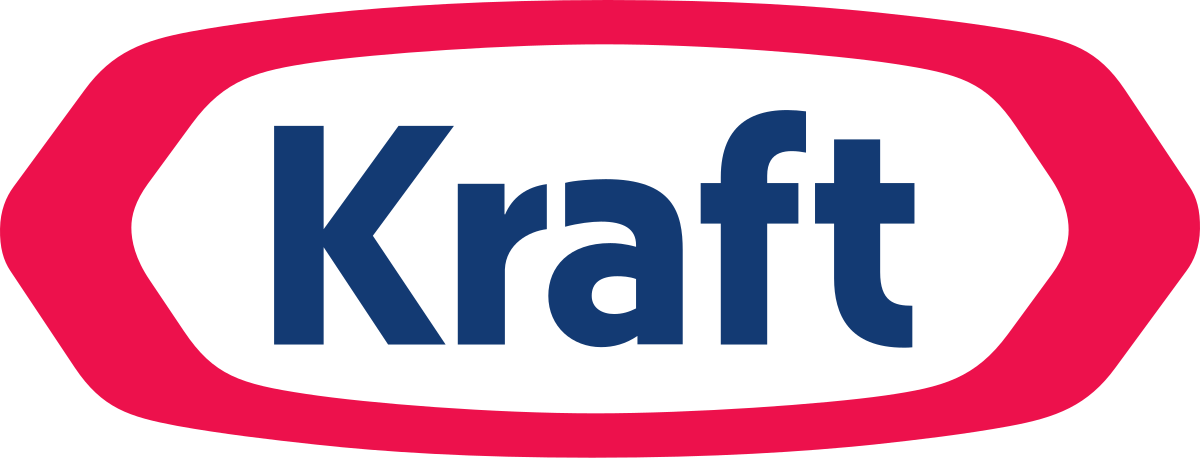|
These articles were first published in 2014 by The Financialist
Big doesn’t always mean better. That’s the conclusion of Credit Suisse analysts who recently analyzed Nielsen’s tracking data of food and beverage sales over the past four years. The figures show the top 25 manufacturers in the United States have been slowly but steadily losing market share to smaller rivals on their home turf. Companies including Kraft Food, Kellogg’s and McCormick have seen their US sales grow 4 percent since 2009, well short of the 12 percent growth in the overall market. That represents a market share loss of 354 basis points for the leading brands – or the equivalent of $14 billion in sales, the analysts wrote in a report entitled “Top 25 Food and Beverage Analysis: Benefits of Scale Keep Declining.” This reversal of fortunes started after the 2008 financial crisis when the big names reduced their product offerings in the United States and focused their resources and management talent on fast-growing emerging markets. This created an opportunity for smaller competitors such as Greek yoghurt maker Chobani and Green Mountain Coffee, the maker of Keurig coffee brewers, to fill the gap on US shelves with a wider range of products that consumers liked. It certainly did the trick. Some of the top brands are now acknowledging the need to boost US investment, but only time will tell if consumers can be tempted back. Political Crisis Deals Thai Tourism A Blow Thailand’s tourism sector is no stranger to political crises and natural disasters. But historically, the hardy sector has recovered quite quickly after periods of domestic turbulence. But the changing composition of Thai tourists could make this year a harder rebound, warns Credit Suisse analyst Santitarn Sathirathai in a recent report entitled “Thailand’s political crisis: What it means for ASEAN tourism.” Tourists from China and Hong Kong, who tend to be the most sensitive to instability — and the most difficult to lure back again -- now account for around 20 percent of visitors to the Southeast Asian country, compared with just 8 to 9 percent a few years ago. The turmoil, marked by months of massive street demonstrations that aim topple Prime Minister Yingluck Shinawatra, will shave 0.6 percentage points off economic growth this year, estimates to Credit Suisse, which recently slashed its 2014 growth forecast for the country to 2 percent from 3 percent.
1 Comment
|
JENS ERIK GOULDJens Erik Gould is the Founder & CEO of Amalga Group, a pioneering Texas-based nearshore outsourcing firm specializing in IT, software engineering, and contact center staffing. Archives
February 2024
Categories |

 RSS Feed
RSS Feed